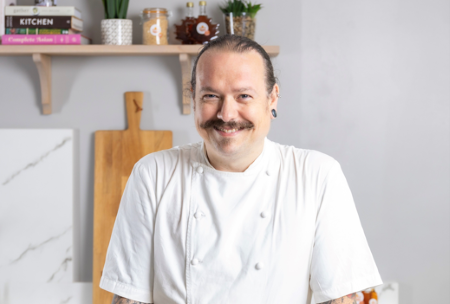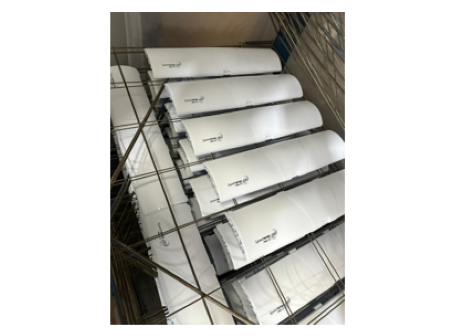Understanding the production process of sugars in the bakery sector and the alternative options available to health-conscious consumers
In the world of bakery, the flavours that each baked item evokes on the tastebuds varies significantly. Some baked products such as pies are savoury and almost represent the flavours of a mini meal. Other products are sweet and are viewed almost like a sweet treat or dessert. It is fair to say that the sweet side of the bakery world is a highly influential market. The world relies on sweet sponges, treacly pastries and saccharine biscuits. The sweetness of these baked products relies on a highly important ingredient – that obviously being sugar. The bakery sector has relied on this ingredient for years and sugar is seen as quite an addictive substance that has a variety of positive and negative impacts. Therefore, this feature wishes to assess the ways in which sugars are produced and the heathier alternatives available on the bakery market and how this is attracting health-conscious consumers.
Understanding sugar
As briefly touched upon, sugar is a generic name for a food product that is sweet tasting. It is a soluble carbohydrate and falls under two categories, simple sugars and compound sugars. Simple sugars include glucose, fructose and galactose. Compound sugars or double sugars are molecules made of two monosaccharides joined by a glycosidic bond.
Sugars are added to almost every product on the planet. Even the most savoury baked product may contain a few teaspoons of sugar in order to create harmonious flavours. Sugars are particularly added to fizzy drinks, desserts, confectionery items, cakes, biscuits and more. Sugar is so commonplace in many products that a sugar tax has been added in order to deter consumers from buying these products and make the public aware of the high amounts of sugar that are in these products. Consequently, more is being done to raise awareness of sugar in food as there are health complications associated with high sugar intake. But before we divulge into the health side of things, let’s understand the history and manufacturing process of sugar first.
To read the full article see our latest issue here.
Media contact
Editor, International Bakery
Tel: +44 (0) 1622 823 920
Email: editor@in-bakery.com







